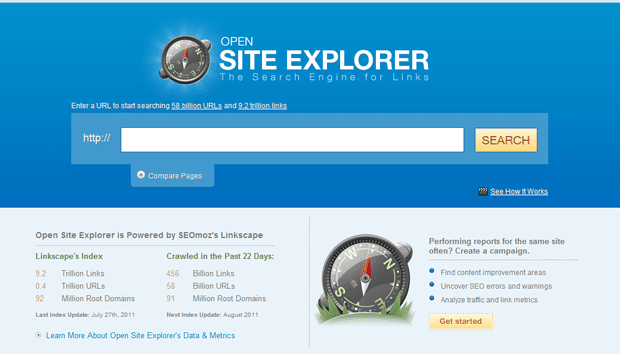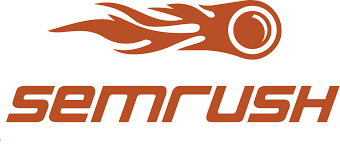Link building has always played an integral role in the SEO efforts of any website owner. 2017 is no different and, despite numerous updates to bring down sites which use illegal link stuffing to boost rankings, link building is alive as ever. The growing distinction between good modern link building efforts and those of the past is your ability to build up a profile of links that are both relevant to your industry, and which come from high authority domains.
It is easy to get overwhelmed with the technical side of link building and finding out how many domains you have, where they are coming from and what quality they are. Luckily, a number of tools have been developed to help you do exactly that, plus more.
Link analysis tools have the capability of fully indexing your site and working out who is linking to you and offer useful insight into each and every link. For example, the anchor text with which somebody references your site is very important, and good tools allow you to see what anchor text is being used to link to you.
If you are serious about achieving SEO results in 2017 and onwards, the importance of focusing on building links cannot be stressed enough. It might, therefore, be worth paying a small monthly fee to access one or more link building tools. Here’s a rundown of various sites and the features they offer.
1) Open Site Explorer
Moz offers one of the few decent free link analysis services available, which makes it a popular tool in the arsenal of most SEO experts. However, this free service is limited in its capabilities, so it’s often best to spend a little bit more to get full features. Generally speaking, the interface is very straightforward and simple to use and allows you to drill down into exact pages that links are being sent to, enabling you to export your findings into Excel.
2 Majestic
Majestic SEO has long been loved due to the large number of sites it has indexed and can thus provide you data on. Again, there is a free service, though it greatly limits you in how many search results you can see and how often you can perform a search. It offers many of the same features as SEOmoz, as well as a few extras. This includes the ability to separate reports for high-quality links, such as those from .edu or .gov sites. It also lets you track external links over time to better monitor progress.
3) Google Search Console
Google Search Console gives you a free and quick overview of a number of different link statistics. However, it is important to note that it includes a relatively smaller database of sites than other tools do. You can use it, though it will hinder your ability to track links very easily and requires various plugins to be able to export data.
4 SEM RUSH
SEMrush has grown in recent years to being one of the best-used link building tools, as its easy-to-use interface and great database of links allow you to effectively track your site alongside competitors. The way in which data is presented is very easy to understand and is great if you need a fast way to present data to clients for whom you have performed some work.
Ultimately, the reason there are a number of these tools available is because they all have their own unique qualities and desirable traits. There is no definitive answer as to which one you should purchase. Instead, it is worth trialling the free versions and then using each for a month or two to get a feel for them. Just be aware that every tool is constantly working to build up their service and, even within a year, you may find one tool more useful than any other.





